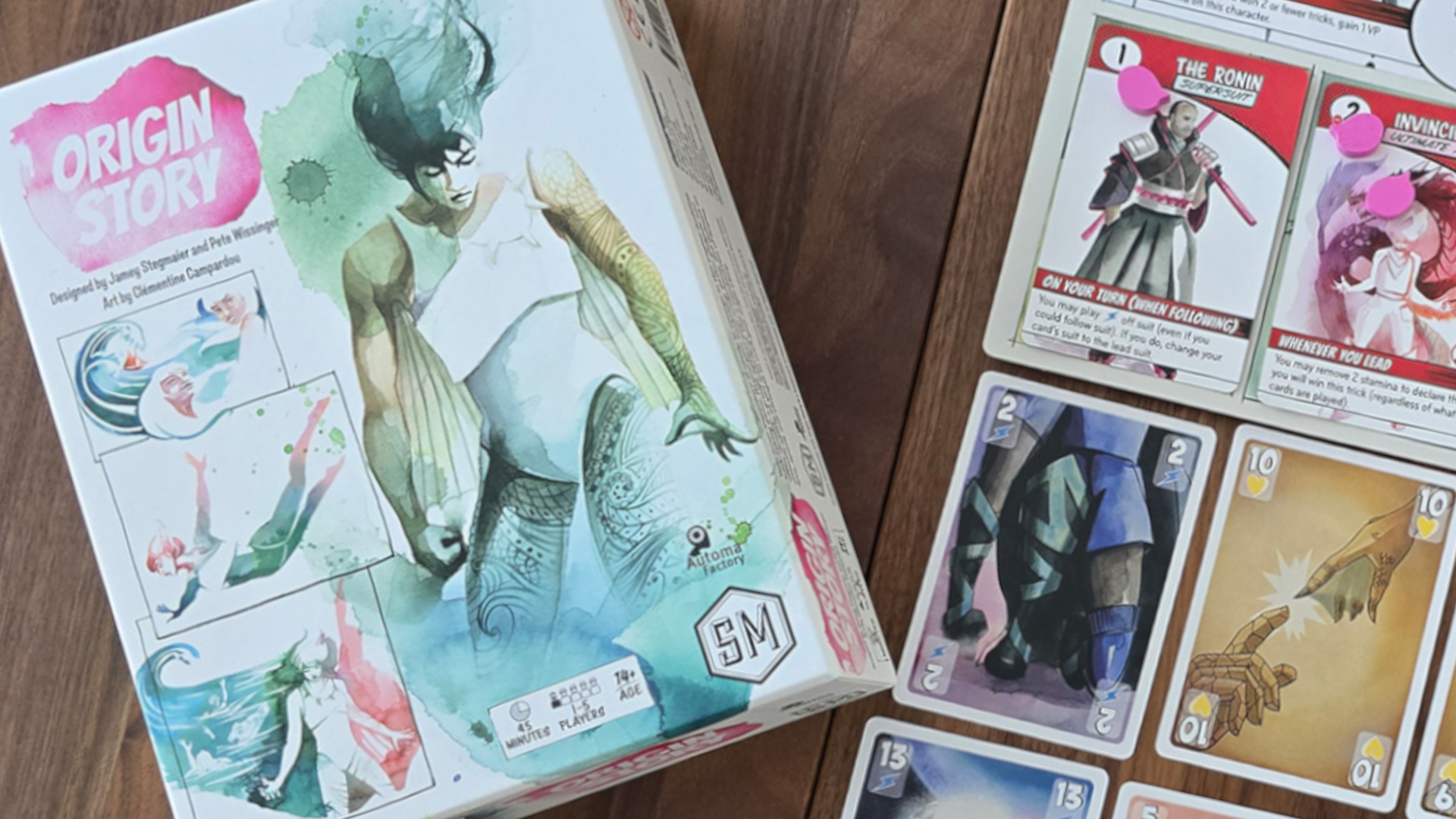"Why I Deleted My Steam Account After 20 Years": Modder who spent "over a decade" fixing broken games with the "Swiss Army Knife of PC gaming" drops Valve, saying it has "fragmented PC gaming irreparably"
Special K's Kaldaien is fed up

Polarizing drama brews in the brewery that is the PC gaming and modding ecosystem. Kaldaien, best known as the creator of the Special K utility mod that has brought its "Swiss Army Knife of PC Gaming" performance boosts to a range of games, from Nier: Automata to Elden Ring, fired a near 1,500-word diatribe at Valve's hull in a scathing GitHub post simply titled, "Why I Deleted My Steam Account After 20 Years." It has sparked some discussion.
Kaldaien (in a post spotted by PC Gamer) notes they've spent "over a decade" modding "broken, under-performing or otherwise inconvenient aspects of PC ports," with countless players turning to Special K to shore up wonky performance or missing features.
"My experience with PC gaming goes back a further two decades, to the days of shareware, dialing into a BBS to get game patches / user generated content and tedious DRM fetch-quests involving physical game manuals," they add.
Even in these Before Times, Kaldaien says Valve wasn't their favorite: "I was irritated when Half-Life 2 shipped on PC and required a dedicated piece of software to satisfy DRM and patch the game, but at the time these were minor inconveniences."
Of course, you don't write 1,500 words and torpedo a seasoned Steam account over minor inconveniences. Kaldaien's arguments are numerous, but the most important line in this post is probably this: "The proliferation of Steam for content distribution has fragmented PC gaming irreparably."

In this instance, Kaldaien makes the argument literally. "You no longer have the liberty of buying a game from wherever you want," they claim. "You must consider whether your store is going to continue receiving patches, whether the store itself is going to continue supporting your hardware and software, and whether your friends online bought the game from the same store as you did (thank you Epic for partially addressing this)."
Much of the post argues that Valve, through Steam updates, "bloated the living hell out of the DRM client with all kinds of unnecessary and undefeatable features that hinder software compatibility," effectively ratcheting up system requirements for games through the launcher those games are played on even when the games themselves may be compatible under the hood.
Weekly digests, tales from the communities you love, and more
"The store you bought the game from is squarely responsible for your game not running," Kaldaien says.
Where discourse around Steam usually targets the monopoly Valve has been handed or the cut the company takes from Steam sales, compatibility and permanence feel like the core of Kaldaien's grievances.
From forced updates and outmoded Steamworks creations, to Steam input overrides and the handling of deleted Steam accounts (with a somewhat odd emphasis on community posts), Kaldaien takes aim at the purported fragmenting of the user experience and the impermanence of purchases or data entrusted to Steam.
"There is some value to having a store automatically update your software, there is literally no value to a store that forces patches and offers users no path back to the working version of the software they initially paid for," Kaldaien summarizes.
The history behind this post and the response it's gotten is arguably more interesting than the post itself, but while I don't expect this to even register to the zillion Steam users who mostly – but not entirely – value convenience and don't even consider compatibility issues outside the steady march of operating systems and hardware, the arguments aren't empty.
This post has come at peak Stop Killing Games season, and the two arguments would probably get along swimmingly if they met at a bar, but – and this has become a watercooler chat for everyone else, so here I come strolling in with my little plastic cup – it does seem much more granular and isolated.
Valve and Steam are not infallible, but neither is this post's gospel. In particular, I trip at Kaldaien's assertion that the Epic Games Store and Microsoft Store, or services like Ubisoft+ or EA Access, respectively, don't have "bloated features unrelated to DRM crammed down your throat," or offer "far greater value to consumers" compared to Steam.
The post also heaps praise on GOG, which makes sense for 95 Theses about version preservation and user control, and I can generally get behind that, but it feels like some arguments may have grown so thin, you could see your hand through them.

Austin has been a game journalist for 12 years, having freelanced for the likes of PC Gamer, Eurogamer, IGN, Sports Illustrated, and more while finishing his journalism degree. He's been with GamesRadar+ since 2019. They've yet to realize his position is a cover for his career-spanning Destiny column, and he's kept the ruse going with a lot of news and the occasional feature, all while playing as many roguelikes as possible.
You must confirm your public display name before commenting
Please logout and then login again, you will then be prompted to enter your display name.


